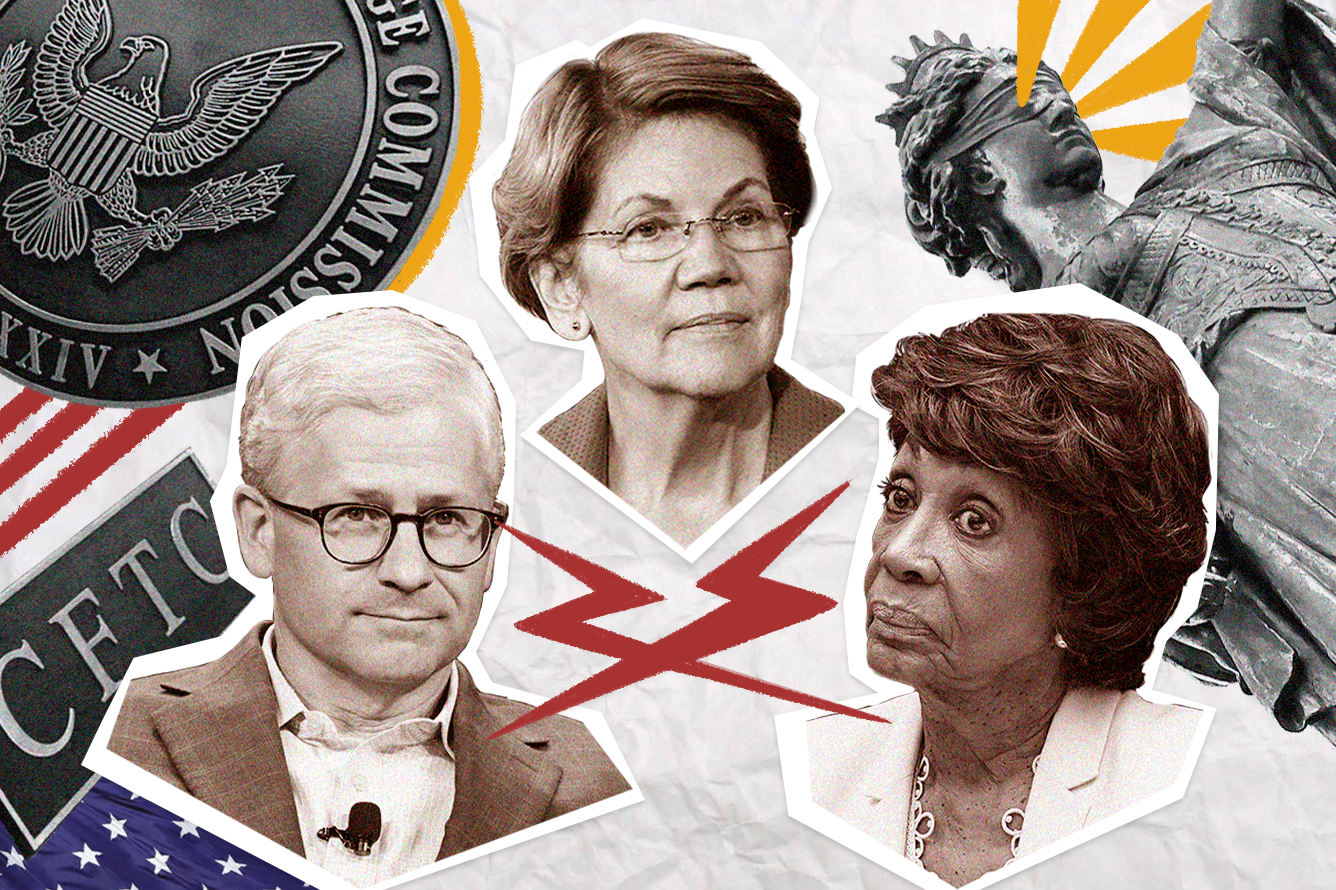
Ongoing lawsuits caused by a lack of proper crypto-industry regulation in the U.S. have been in the spotlight over the past few months. Recently the SEC and CFTC have sued major crypto exchanges, Binance U.S. and Coinbase, but it is still not completely clear what legal frameworks and provisions are to be applied and which authority is actually in charge.
One of the most promising developments in this area is the Responsible Financial Innovation Act, which was recently reintroduced by the U.S. Senators Kirsten Gillibrand and Cynthia Lummis. The Act is designed to provide a comprehensive regulatory framework for digital assets and to finally define the border of jurisdiction between the SEC and the CFTC. The bill also focuses on consumer protection issues and includes stablecoins issuance requirements.
The Act hasn’t yet been approved but was partially included in the must-pass 2024 National Defense Authorization Act (NDAA) alongside ideas from Senator Elizabeth Warren and Senator Roger Marshall’s Digital Asset Anti-Money Laundering Act. An amendment that would help prevent the use of crypto assets in illicit financial transactions passed Senate on July 27. Now the Senate and the House have to negotiate on the NDAA 2024 and finalise a version that can pass both chambers. It is the first time crypto has featured in the country's annual defense document.
“The most urgent problem in crypto today is its illicit use by rogue nations, ransomware gangs, drug traffickers, and cyber criminals. We need to make it more difficult for bad actors to exploit loopholes in the system and this amendment is a good first step to ensure that the crypto industry follows the same rules that everyone else follows,” - explained Senator Warren.
The amendment requires the Secretary of the Treasury to establish examination standards for crypto assets. Also, the provision requires the Treasury Department to conduct a study on combating anonymous crypto asset transactions such as asset mixers and tumblers.
Another crypto-related bill, "Financial Innovation and Technology for the 21st Century Act", was endorsed by the House Committees on Financial Services and Agriculture. This also aims to define the SEC’s and the CFTC’s authorities and duties connected to digital assets. Interestingly, it suggests joint rulemaking between the two agencies and the establishment of a Joint CFTC-SEC Advisory Committee on Digital Assets. The same day the House Financial Services Committee also voted in favor of the "Blockchain Regulatory Certainty Act".
Also last week came the presentation of regulations related to crypto that could replace money. The Republican-led committee marked off two bills: “Clarity for Payment Stablecoins Act of 2023" and “Keep Your Coins Act of 2023.”, with the latter relating to 'convertible virtual currency or its equivalent for such user’s own purposes, such as to purchase real or virtual goods and services'. The Committee, however, could not vote on the bills because of a partisan clash.
The crypto regulation issue is in the public eye, not only in the U.S. but globally. Recently the IMF called for a set of ‘Comprehensive Policies to Protect Economies and Investors’ [from Crypto]. Currently, governments, authorities and central banks are trying to settle regulation frameworks, anti-money laundering and counter-terrorist financing legislation, but the novel nature of blockchain, the rapid development of the technology and bureaucracy get in the way.
The “decentralized” attempts of various agencies to create regulation often seem to eventually create even more mess. Thus the traditional approach of applying strict enforcement guidelines from above does not seem to be possible in this case.
We will Observe the situation and will keep you up to date on the topic of crypto regulation.

